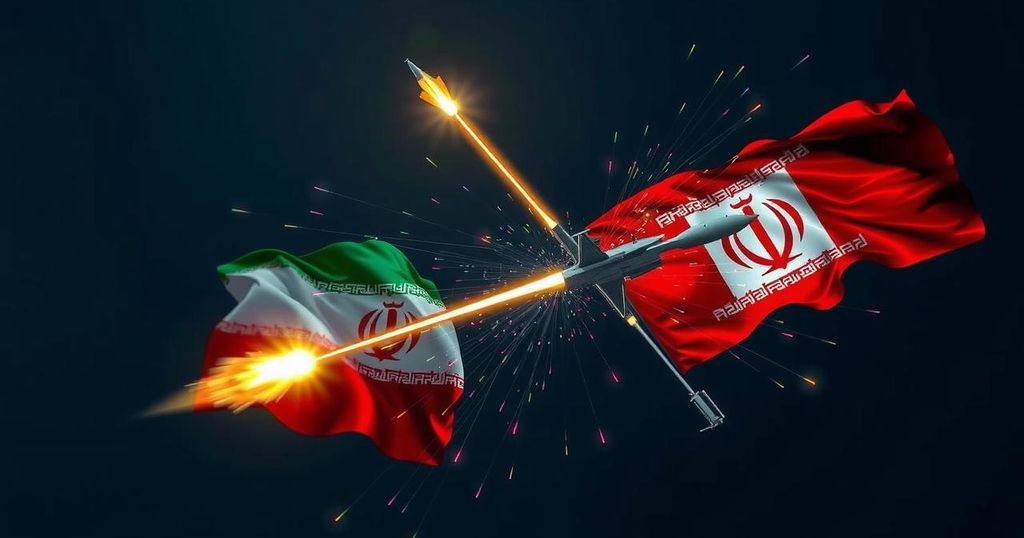Recent Setbacks for the Iranian Axis: Hezbollah and Syrian Rebels Gain Ground
The Iranian axis has suffered significant blows in the Middle East, particularly in Syria and Lebanon. Recent developments include Hezbollah’s forced cease-fire and gains by Sunni rebels against Assad’s regime. These events are reshaping regional power dynamics, even as discussions of concluding the conflict in Gaza emerge.
The Iranian axis has recently faced significant setbacks in the Middle East, particularly in Syria and Lebanon. Following a cease-fire agreement that constrained Hezbollah’s actions, the dynamics in Syria have shifted dramatically. Sunni rebel forces have gained notable advantages, undermining President Bashar Assad’s standing for the first time since external military support from Russia fortified his regime in 2018. These developments, triggered by the fallout from the events of October 7, have broader implications for the region, impacting both Iran’s and Hezbollah’s positions. Concurrently, international attention is also shifting, with indications that former President Trump is signaling a desire to conclude ongoing conflict in Gaza, further complicating the operational environment for the Iranian axis.
The current geopolitical landscape in the Middle East is heavily influenced by the interactions between Iran, Hezbollah, and various Sunni rebel factions, particularly in Syria and Lebanon. The cease-fire agreement that Hezbollah was compelled to accept highlights the ongoing tensions and power struggles within these regions. The conflicts, alongside external interventions, have reshaped the strategic alignments and power dynamics since the Russian engagement in Syria, which initially bolstered Assad’s administration. However, recent developments indicate a revival of Sunni resistance that challenges established power structures.
In summary, while the Iranian axis has encountered a series of strategic defeats in both Syria and Lebanon, with significant gains made by Sunni rebels, Israel remains under ongoing threat due to the complex nature of Middle Eastern conflicts. Additionally, the potential conclusion of the Gaza war, foreshadowed by Trump, may further shift the dynamics in the region. The situation remains fluid, and Israel’s continued vigilance is essential amidst these challenging conditions.
Original Source: www.haaretz.com




Post Comment